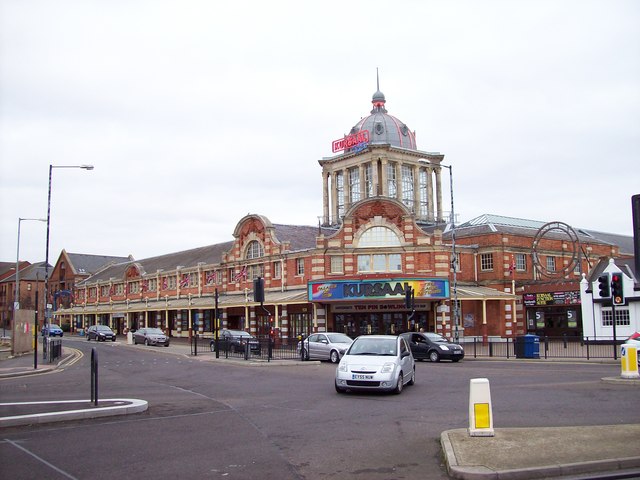By Gavin Mackintosh-
A BBC journalist has shined light on Southend’s dark racist past in a late article for black history month , but one that was reflective of many parts of Britain.
The racism in question really was expressed as a form of prejudice, a way of thinking that has to some extent always existed in some form or shape among every race and culture on earth. However, the significance of the historical piece of history which was also expressed in other parts of the Uk over a hundred years ago is to remind us how far we have come from years ago, and examine just how much of this level of prejudice still exists today.
The BBC writer narrates the story of a young woman denied from entering a beauty competition for being black. The woman in question arrived at Southend railway station by third class carriage whose goal was to winning the town’s beauty contest, but who was originally turned down for being black raises questions about how far that attitude has been passed down the generations, and how much of that thinking still remains. Southend On Sea which boasts an exquisite sea front which is a great attraction in for tourists in the summer also has a generally friendly and social community of reasonable minding people.
But just how far is the psyche of their ancestors still present with some of their offsprings? Reports of extreme pubs ejecting individuals just for being black has been brought to the attention of this publication, but has been undergoing careful investigation in search of confirmation of this practise. Undercover investigation ids being put in motion for some of the pubs in question to examine the legitimacy of some of the complaints.
The BBC article published on Sunday reports on how the manager of Southend’s Kursaal amusement park was sitting in his office when the telegram arrived from Great Yarmouth. Newspapers in London dispatched reporters to the scene and from there the story quickly spread, even reaching New Zealand.The BBC journalist who told the article said it was done for interesting historical purposes.
The princess who travelled to Southend apparently opted to travel third class in an attempt to slip in unnoticed, but failed in her attempt to evade notice, and found herself being quizzed by reporters. Speaking through an interpreter, she said: “I wish to show my people that you are fair to all comers, even if they are chocolate-coloured.
COLOUR
“Was not allowed to compete beauty show here on account of colour,” it read. “Have you any rule barring me? Reply Post Office, Princess Dinubolu, of Senegal.” The manager’s reply to the mysterious princess was blunt. “Don’t enter,” he telegrammed back. “Local prejudice.”Days later, about 3,000 spectators were packed into the Kursaal to watch the 49 contestants take to the stage.
Newspapers in London dispatched reporters to the scene and from there the story quickly spread, even reaching New Zealand. Such was the press attention that, when the princess came to travel to Southend, she opted to travel third class in an attempt to slip in unnoticed.
Her plan failed, however, and she soon found herself being quizzed by reporters.
Speaking through an interpreter, she said: “I wish to show my people that you are fair to all comers, even if they are chocolate-coloured.
“People have told me that only cream-and-pink little English misses can win, and that your judges have no eye for any other sort.
“I wish to prove them wrong. I have heard that a black baby won a prize in Southend, and I feel sure that they will be kind to us all alike.”
BBC writer, Lawrence Cawley notes: ”at a time when black people were rarely seen outside the main cities and racist attitudes were legal , the thought of a black woman entering the local beauty contest was too much for some”.
The question here is that if racism was legal then,are there any other unacceptable practices today that call for legal action but lack the force of law? Once upon a time homosexuality was also illegal in all of the Uk, so is shifting standards an expression of our advancement or a shameful reflection of our dark past with some lingering shades of darkness still present?

